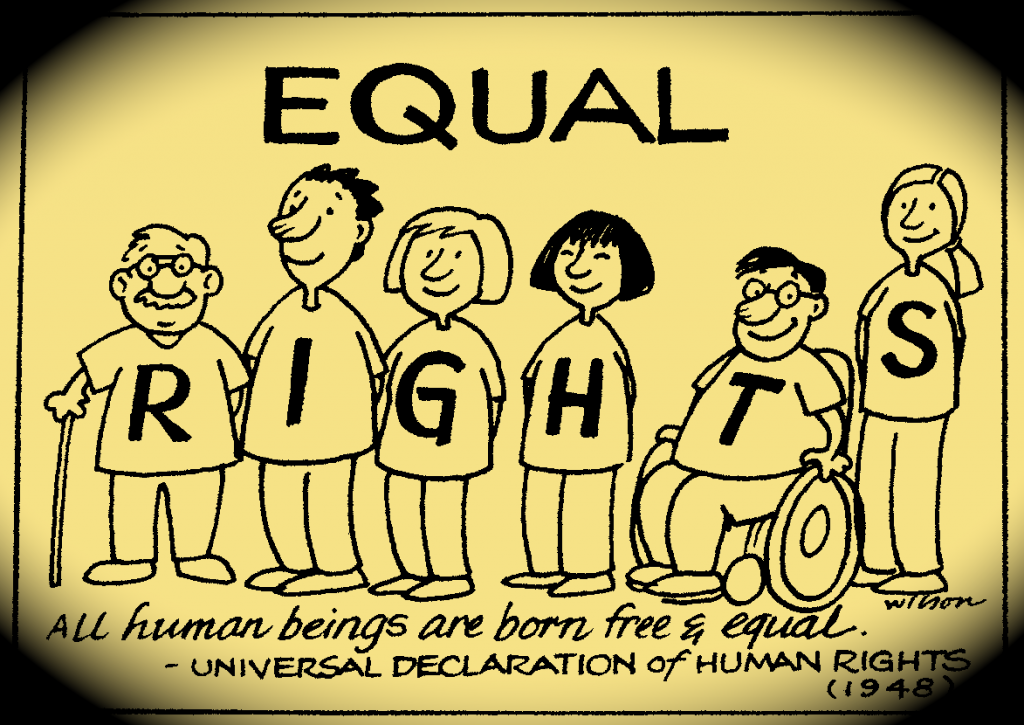For the four assignments that you choose to complete throughout the semester, you will reflect on your takeaway from each. Do not copy and paste your assignments. Think of this space as a brief way to communicate how the assignment engaged you, how it was personally relevant, and reflect on how you learned more about yourself after completion. Each assignment recap will need to contain an illustrative picture. Examples will be provided.
Course Reflection
Throughout this course, I feel like I really learned what it is like to learn through another culture not just learning about it. I really enjoyed that this course wasn’t centered around our culture. I feel like we talk about our culture so much, so it was refreshing to see some other cultures being thrown into the mix versus one always being the center of attention. The lessons I found most interesting were culture and emotion and culture and gender. I just find it very interesting that people can express the exact same emotions but multiple ways depending on so many different aspects of their lives. It’s an interesting concept to think about for sure. I also liked the lesson on culture and gender because it was a little relieving to see that our culture isn’t the only one putting so much pressure on the concept of gender but it was also nice to see that some cultures are doing away and even swapping the “typical gender roles”. My least favorite module was probably the cross-cultural research module. The only reason I say that is because research always seems so cold and unfeeling to me and I really like to focus on people and their personalities. I genuinely enjoyed this class! I originally took it just to fulfill degree requirements and wasn’t expecting much but I was presently surprised. At the beginning of this course, I had the mindset that all cultures were so diverse and unique. Cultures are diverse and unique but throughout the course I saw that there are a lot more similarities than one would think. This is very optimistic for someone like me, who plans on going into a career that will help people and I will come across many types of people. This course has prepared me for cultural acceptance, appreciation, and even acclimation.
For me personally, doing an online class is always a little difficult. You have so much more free time to do other things that it might become harder to find the motivation to stay on top of your coursework. This is what I was experiencing at the beginning of the course, I would wait until the very last minute to read all the lecture readings and assignments. But eventually I got into the swing of things and I was able to find my work flow. I also struggled in the beginning with the e-portfolio. I have never had to do one prior to this class so understanding the way the website works and the point of it was a struggle at first but that was also something that came with time. I really liked doing the assignments and artifacts because they were so reflective and I love when I can relate to what I’ve learned instead of just learning it and having the knowledge. The only thing is that I wish we had more opportunities to look at what our other classmates were saying and doing for their websites just because I’m sure our class is very cultured as well and it would be nice to learn about the people we were with all semester. I know we could share the link for our websites but I would look at some of my classmates and it looks like they maybe changed their website addresses or dropped the class or whatever so I think I would’ve liked having like another discussion board where people can just share what they did for their activities or artifacts if they wanted to.
Assignment Takeaway 4
It is well known that in American culture women tend to be objectified, stereotyped, and sexualized. This culture was built on the foundation of women being kind, quiet, submissive, and caregivers; and the stereotypes definitely reflect that. On the other hand, we have males being sterotyped as brave, fearless, and natural leaders. Oftentimes, any misbehavior done by a man is brushed off as “boys being boys” but if a woman were to do the same way she would be considered troubled and to blame. There are other cultures, like West African cultures, that don’t view women as objects but instead as the same as men. In historical West African history, women had the majority of authority and power in their culture but the introduction of Western views caused that amount of power to slowly decrease. Even though there was a decrease in power, West African culture still puts men and women on the same playing field, both can be politicians, educators, warriors, etc.
The ads that had women sexualized and objectified them whereas the ads with men enforced the stereotypes of them being strong and powerful. The ads that include women have them posing weird, making silly faces, and being the butt of the joke. Almost all the ads but especially the ones I picked, focused on different body parts or stereotypes of women that have NOTHING to do with the items that are being advertised. However, the ads with the men have them looking rugged, serious, and tough. One of the ads even has a phrasing that is known to be historically sexist “wear the pants” since women couldn’t wear pants for a majority of history and if they did they were seen like trying to be manly. It is a saying used for expressing dominance in the form of manliness.
Assignment Takeaway 3
The study abroad student I picked, traveled to Legon, Ghana. The aspect of culture i chose to focus on was religion.The student starts of one of their blog posts talking about their religion and its importance back home. The student is an Agnostic and was unaware of the religious breakdowns of Ghana but they thought the are they were going to would also be mainly Agnostic. To her surprise she found out that the area they were in was mostly Christian and very strong believers at that. This brought confusion to the student because they were previously Baptist and had decided to part ways with Christianity, yet they could understand how the people of Ghana believed so completely and wholeheartedly. She even admitted that this made her slightly uncomfortable and she was also worried that her discomfort would lead to her being rude so she eventually put her own beliefs and feelings aside to hear about the beliefs of others.
A major transformation I’ve noticed throughout the blog posts is that in the beginning most of the blog posts were really talking about the student and their personal life and experiences but towards the end they really start talking more about the people and culture of Ghana. I think this comes with the fact that the student has said that they have always wanted to go to Ghana because it is a part of their culture that they have been separated from so it always seemed close but so far. I picked this student because I also feel a little disconnected from my culture and origins because I don’t know much about it. I want to learn more about my family and its history so I can have a better sense of self. I traveled abroad for a week and a half, I went to Morocco, Africa and it was beautiful and culturally enriching and I am hoping to eventually travel and explore more of Africa

Assignment Takeaway 2
For this assignment I would talk about the value of equality/egalitarianism. In our culture and our society, for the most part, people believe that everyone should have the same chances and opportunities as everyone else on the basic level. Our society talks about it in the form of “human rights” like everyone should have equal opportunity to food, water, housing, and education. Our society, likely due to it’s religious origin and putting race, gender, and age aside, believe that we are all equal under God and I think that is what started the movement for treating and viewing everyone equally. I apply this value a lot in my own personal life because I think it provides for a good understanding of other people and building respect with others. It’s also easier to fulfill your own desires and live up to an ideal life because if you view everyone as your equal you will spend more time trying to better yourself instead of competing with everyone else
I think other cultures might think this is a little crazy. When it comes to things that our cultural thinks should be universally equal, other countries think you get what you deserve. This means that whatever you work hard to earn is what you will receive and you are responsible for your own misfortunes. We see it often in a lot of the cultures, like the Asiatic cultures, that strongly believe in individualism in your accomplishments and not receiving much assistance because it can be seen as a sign of weakness

Assignment Takeaway 1
I think that the stage of intercultural sensitivity I’m at is “Adaptation to Difference” I say this because I know from my personal experience that I am not stuck in my own culture and willing to not only learn, but also experience the culture of others. Just from my upbringing, my family has instilled the importance of stepping outside of ourselves sometimes and learning about other people and I have carried that into my adult life. From reading this section I can see that this stage fits me best because I am inquisitive about other people’s cultures and seek to know more. I also know that I am not in the final stage of intercultural sensitivity ( Integration of Difference) because I don’t fully immerse myself into cultures completely, but I hope to get there
This assignment aligns with my expectations of the course because prior to this I didn’t even know there were levels to intercultural sensitivity; I just thought you cared about other cultures or you didn’t, no in between. This course is already breaking into different levels of cultural awareness for me which is what I was hoping for. I like that the reading for this assignment isn’t completely negative, even for the people in the beginning stages of intercultural sensitivity. I like that this assignment encourages people in each stage to challenge themselves to do something that will help them get to the next level of intercultural sensitivity.






